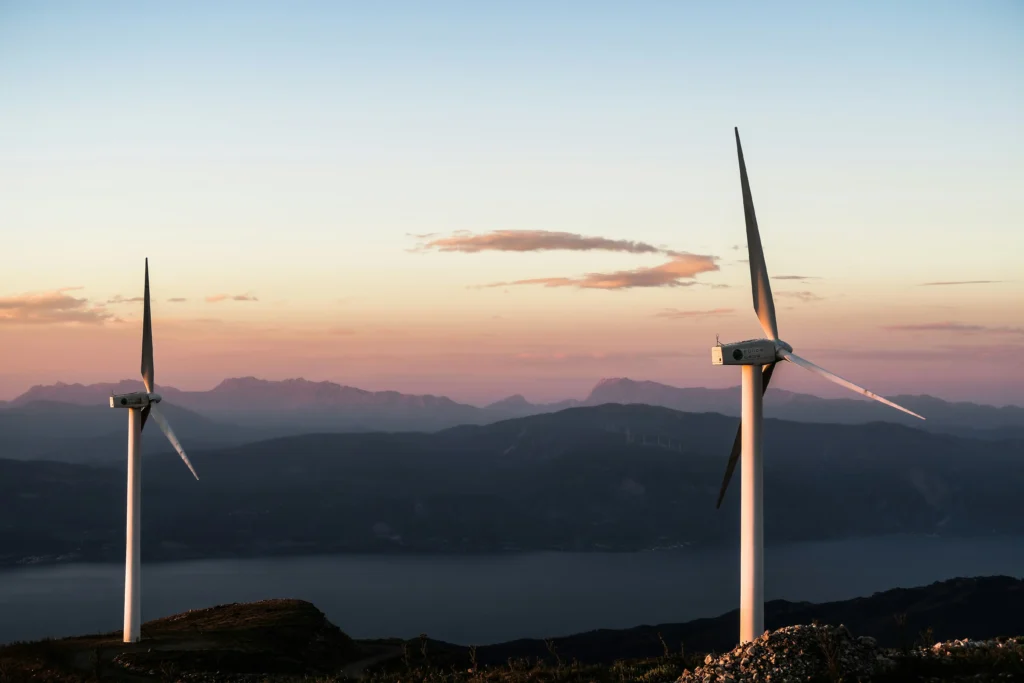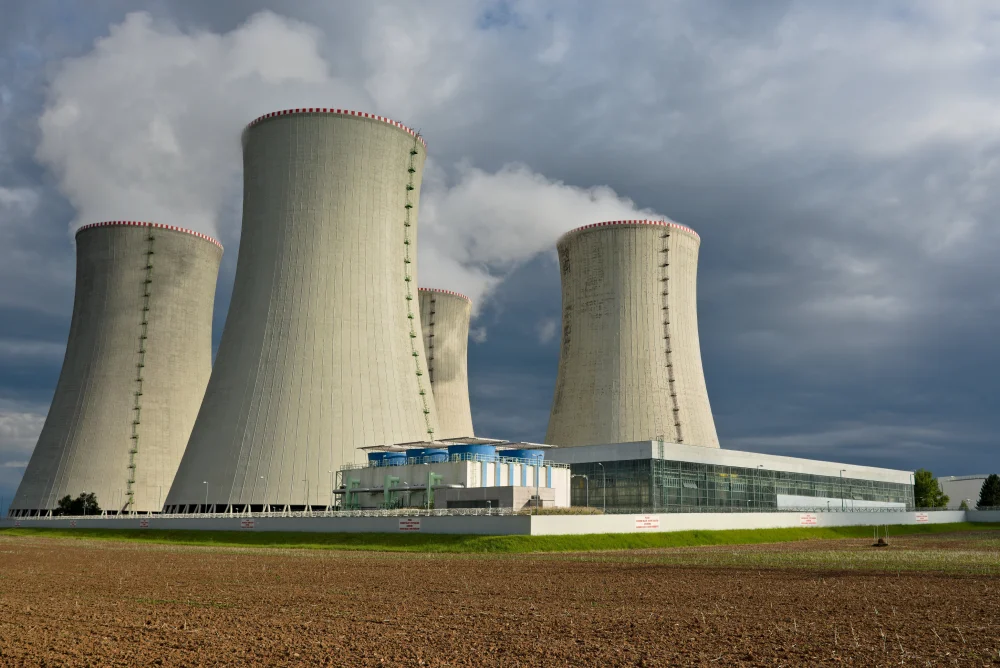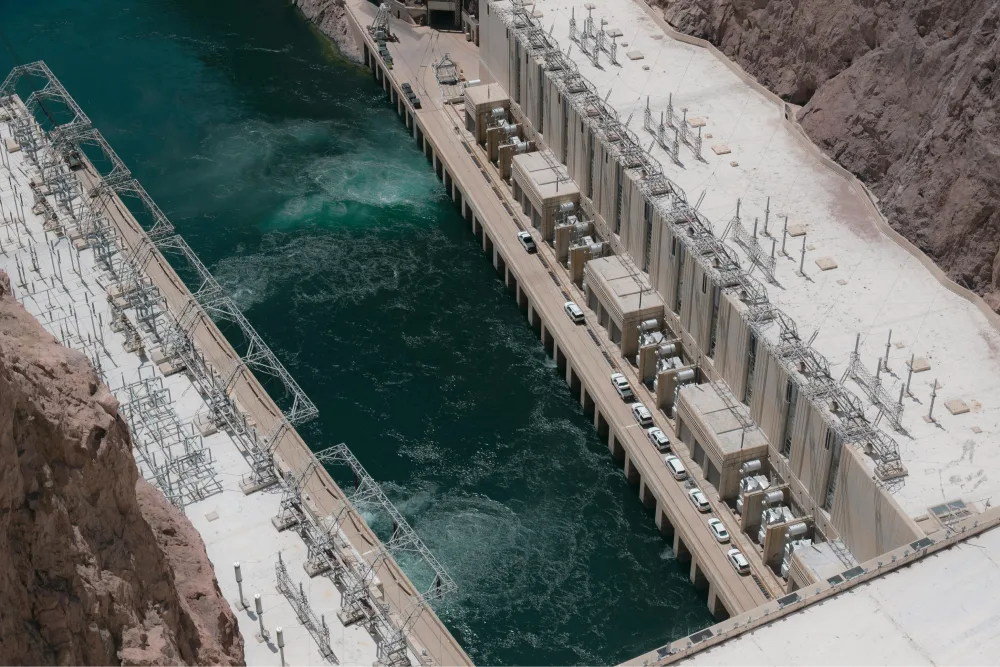
Is Nuclear Energy Renewable?
< 1 minute read • Last update September 2024

In this article
Is nuclear energy a renewable source of energy?
While nuclear energy is considered a clean and efficient alternative to fossil fuels, it is not a renewable source of energy. Nuclear energy relies on fission reactions in materials like plutonium or uranium. These elements are available in great quantity, but they do not replenish themselves like wind or sunlight.
Is nuclear energy clean?
From an emissions perspective, nuclear energy is very clean. The nuclear reaction process that is used to generate electricity does not emit any greenhouse gases such as carbon dioxide. This is in stark contrast to fossil fuel sources as oil and coal that release lots of greenhouse gases and are responsible for significant pollution.
Even though nuclear power plants do not emit greenhouse gases, they are not without environmental concerns.
Radioactive waste
One of the primary environmental challenges associated with nuclear energy is the production of radioactive waste. Nuclear power plants generate spent nuclear fuel and other radioactive materials that require secure long-term storage and disposal. The management of nuclear waste is a complex and costly issue.
Currently, nuclear waste is stored on-site at the power plants. In 1987, a plan was made to create a permanent disposal site in Yucca Mountain, Nevada. Political issues have prevented this site from becoming a reality.
How much nuclear waste is there?
Since the 1950s, the United States has generated about 90,000 metric tons of nuclear waste. This may sound like a lot, but picture this – the entire amount of spent fuel can fit on a single football at a height of less than 30 feet tall.
The 54 operating nuclear reactors in the United States produce about 2,000 metric tons of nuclear waste annually.
Written by Javier Hinojosa
Javier Hinojosa, Vice President of Retail Power at BKV Energy, has over fifteen years of management experience in M&A, consulting, supply chain, technology, and operations. He is responsible for overseeing all aspects of BKV Energy's business, from finance and brand development to customer service and go-to-market strategy.
Related articles

energy hydroelectric renewable
Pros and Cons of Hydroelectric Energy
5 minute readWhat are the pros and cons of hydroelectric energy? Pros of hydropower Cons of hydropower Renewable and sustainable Impact on
Get $50 off your electric bill!
Use code BKVEJOINUS50
Enter your zip code to shop BKV Energy's affordable, fixed-rate Texas electricity plans. Use the promo code for $50 off your electric bill.
